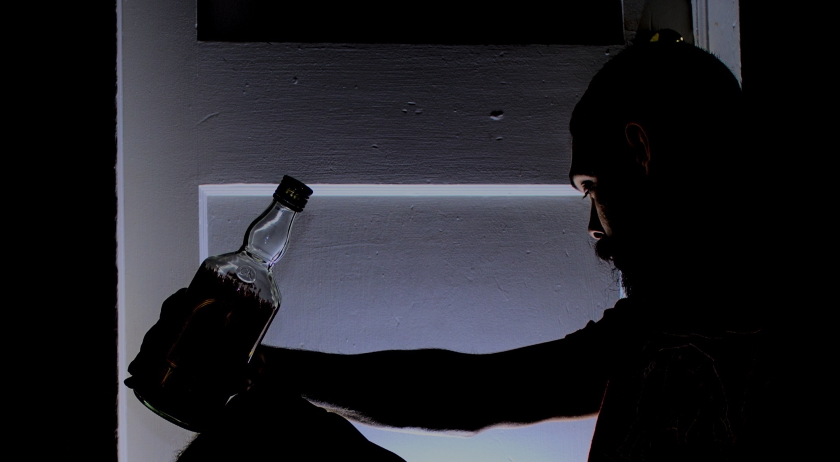Orexo partners with Lyfebulb to study addiction during pandemic

With drinking and drug use said to be spiking during the pandemic, Orexo has teamed up with US organisation Lyfebulb to research how the crisis is affecting people with addiction.
Orexo will work with Lyfebulb – a specialist in building communities of patients and connecting them with healthcare companies – to understand how the coronavirus is having an impact on people with alcohol and opioid use disorders.
The COVID-19 crisis has added to the burden on people struggling with substance abuse, and there is anecdotal evidence to suggest that anxiety surrounding the pandemic and enforced social distancing are driving an increase in alcohol and drug consumption.
Data compiled by Nielsen has suggested that alcohol consumption has increased 55% during the outbreak compared to the same period of 2019, for example, although there’s no direct evidence of a link between the rise and COVID-19.
Increased alcohol consumption can also reduce immunity, potentially making it harder to fight off an infection.
Orexo has developed digital therapies for both alcohol and opioid use disorder, and says its partnership with Lyfebulb will focus on developing new ways to aid “successful, long-term recovery” from substance abuse.
The first initiative in the alliance will be patient research to get a picture of how the current situation is affecting patients.
The second initiative will be a competition that will give companies in the early stages of product development an opportunity to pitch their ideas to a panel of experts for possible collaboration with Orexo.
“Those struggling with substance use disorders need our help now more than ever,” said Dr Karin Hehenberger, Lyfebulb’s chief executive.
“Isolating times like these emphasise the need for more accessible, innovative solutions,” she added. “We must push advancements in digital therapies forward, improving the quality of life and successful outcomes for all members of the community.”
Orexo submitted its digital therapy or the treatment of heavy drinking – called Vorvida – for approval by the FDA in March and is hoping for a third-quarter approval.
Vorvida was licensed from Gaia AG and combines cognitive behavioural therapy coupled with machine learning and is designed to guide heavy drinkers through a series of steps to reach the target of reduced alcohol intake.
Gaia is also behind Orexo’s opioid use disorder product OXD01, which is being developed as a companion to the Swedish company’s well-established pharmacological therapy Zubsolv (buprenorphine and naloxone).












